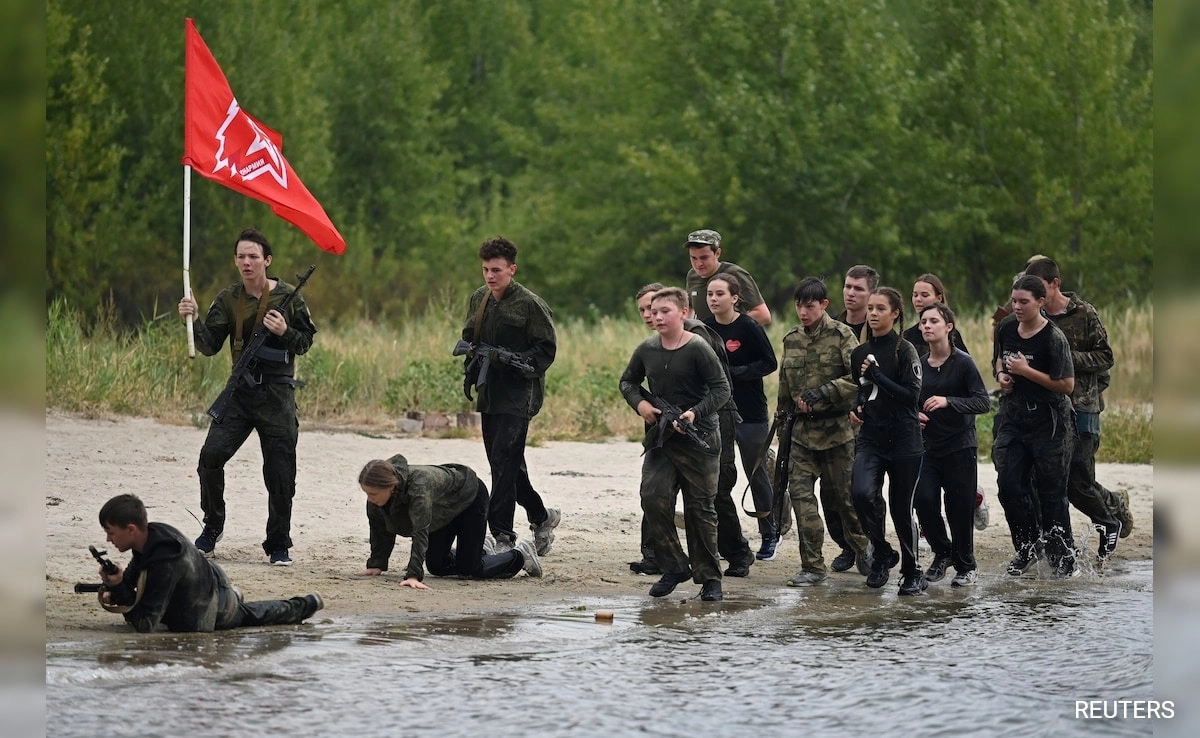In a striking illustration of the militarization of youth, reports have emerged detailing how children as young as eight in Russia are being exposed to military training, including activities such as throwing hand grenades. This initiative appears to be part of a broader effort to instill a sense of patriotism and preparedness in the younger generation. The implications of such training are profound, as they not only shape the children’s perceptions of conflict and warfare but also raise ethical concerns regarding the exposure of minors to military practices.
The activities reportedly include not just the physical training associated with handling weapons but also the ideological components that accompany such education. This approach seems to be aimed at fostering a sense of loyalty to the state and an understanding of military values from an early age. Critics argue that this kind of exposure is detrimental to children’s development, as it normalizes violence and can lead to desensitization towards the realities of war. Moreover, it poses significant questions about child rights and the responsibilities of governments in protecting young citizens from militaristic influences.
As the world grapples with the consequences of militarization in various societies, the situation in Russia serves as a case study in the potential long-term effects of early military training on children. It raises alarms about the future of these children, who may grow up with an ingrained acceptance of militaristic values. The psychological impact on their development, identity, and worldviews cannot be overstated. This trend, if unchecked, could perpetuate cycles of militarization and conflict, as the next generation may be more willing to embrace violence as a solution to disputes.
Overall, the phenomenon of Russian children receiving military training at such a young age highlights a complex interplay between nationalism, education, and child welfare. It presents a unique challenge for educators, policymakers, and child advocates, who must navigate the fine line between fostering patriotism and ensuring the safety and well-being of children. The future implications of this trend warrant close scrutiny as societies around the globe consider the moral and ethical dimensions of youth involvement in military activities.




